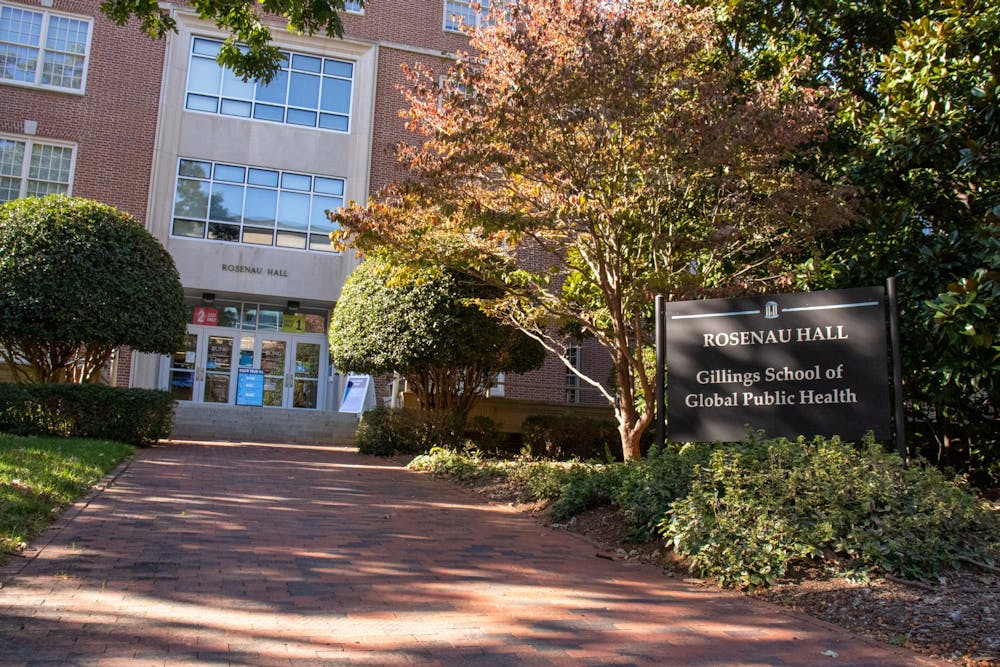Earlier this month, researchers at the UNC School of Medicine and the UNC Gillings School of Global Public Health developed an experimental drug to combat COVID-19. The antiviral, known as EIDD-2801, is taken orally, and was found to stop virus replication and infection.
The drug has only been tested in innovative mouse models with human lung tissue and is now undergoing clinical trials to test its safety in humans. The results of these trials could be released as early as March.
Still, it will likely take several months before any authorization is given to manufacture, ship, store and distribute EIDD-2801.
However, the development of an antiviral drug proves particularly promising for the future of handling COVID-19, especially given the emergence of new variants that are suspected to have higher rates of transmission.
The current mRNA vaccines are a pain to store at incredibly low temperatures, and the limited supply means that the vaccination process cannot be accelerated. In addition, they require two doses, which must be taken weeks apart, extending the process even further.
Being able to take a single drug for protection against COVID-19 speeds up this process, and could be an alternative for individuals who have health concerns regarding the current mRNA vaccine (such as those who are prone to allergic reactions).
Although the vaccine distribution is underway, preventative alternatives, such as EIDD-2801, that can be used widely and rapidly are needed to suppress the virus and its new variants. However, it’s important to keep in mind that the discoveries being made at UNC have far less funding than groups such as Moderna or Pfizer under Operation Warp Speed. This is likely the reason that the antiviral drug was not available earlier.
Additionally, if the drug is produced, the research group or institution that developed it will probably not bring home nearly the same amount of income that these private pharmaceutical companies do. The situation brings to light the disparity in funding academic research.
Researchers like Ralph Baric and Timothy Sheahan at UNC have been studying coronaviruses for almost four decades now. Academic labs such as Baric’s collaborate with private biotechnology companies, like Gilead Sciences, to develop drugs and complete larger projects that require more funding. It’s estimated that only $20 per year per person goes to the National Science Foundation (the federal agency that funds fundamental research), while $2,000 goes towards the military.



